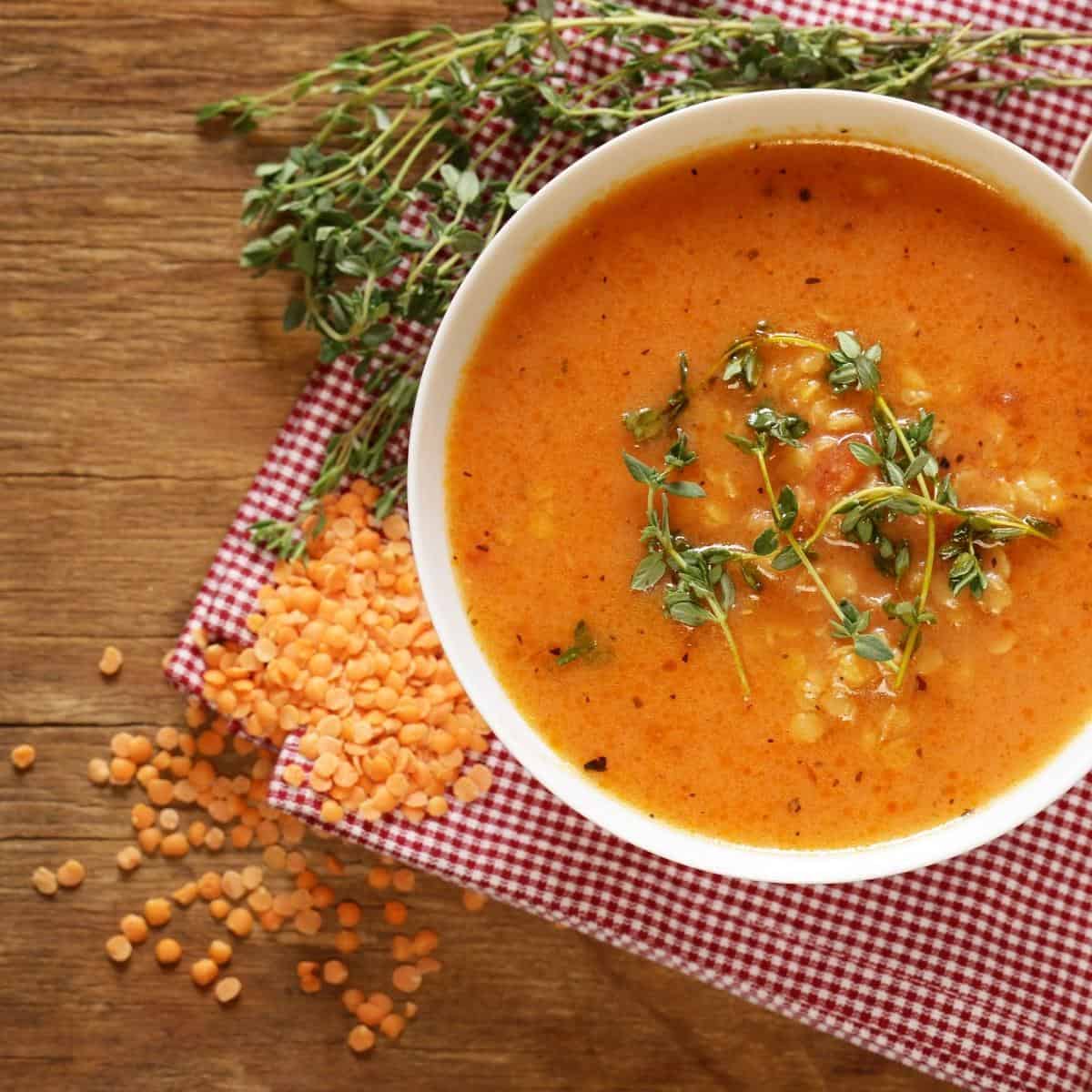Sweet Potatoes vs White Potatoes: Which One Should You Choose?
When it comes to a hearty, satisfying meal, few ingredients are as versatile as potatoes. But not all potatoes are the same. For years, the debate of whether you should eat sweet potatoes or white potatoes has raged on. Are sweet potatoes healthier? Do white potatoes get a bad rap? Should you really base your dinner decisions on their nutritional profiles?
If you’ve been staring at both in the supermarket wondering whether to pick up some sweet potatoes or stick with the classic white varieties, this guide is for you. I’ll break down the nutritional differences, explore their unique benefits, and help you make the best choice based on your cooking and dietary goals.

What Are Sweet Potatoes and White Potatoes?
Before we dig into the nutritional facts, it’s worth clarifying what these two types of potatoes are. While both belong to the broad category of root vegetables, they aren’t directly related.
- Sweet Potatoes: These are NOT potatoes with added sugar (although they’re naturally sweet). Sweet potatoes come from the morning glory plant family. They often have orange flesh, but you’ll also find purple, white, and even yellow varieties.
- White Potatoes: These are part of the nightshade family (like tomatoes and aubergines). Traditional starchy options like russets, Yukon golds, and fingerlings fall into this category.
Both are nutrient-rich, affordable, and delicious, but they differ quite a bit in what they offer nutritionally.
Sweet Potatoes or White Potatoes at a Glance
Here’s an easy comparison table to get us started:
| Nutrient (per medium potato) | Sweet Potato (130g) | White Potato (130g) |
|---|---|---|
| Calories | ~112 calories | ~130 calories |
| Carbohydrates | ~26g | ~30g |
| Fibre | ~4g | ~2g |
| Protein | ~2g | ~3g |
| Fat | <1g | <1g |
| Vitamin A | 100% DV | 0% DV |
| Vitamin C | 37% DV | 28% DV |
| Potassium | ~440mg | ~620mg |

Key Nutritional Differences Between Sweet Potatoes and White Potatoes
1. Calorie and Carb Count
The calorie difference between these two spuds is minimal, with white potatoes coming in slightly higher. Both are moderate sources of carbs, essential for energy, but sweet potatoes tend to have slightly fewer carbs per serving.
If you’re keeping an eye on your caloric intake or managing carb-heavy meals, sweet potatoes might seem like the better option, but the difference is small enough to be negligible for most people. Therefore whether you have sweet potatoes or white potatoes the carbs and calories won’t change much.
2. Fibre
Sweet potatoes win this round, doubling the fibre of white potatoes. High fibre content helps keep you full for longer, supports healthy digestion, and maintains blood sugar levels. The extra fibre in sweet potatoes makes them a fantastic option for recipes where you want some extra nutritional robustness.
For instance, roasted sweet potato chunks can add texture to a salad, while white potatoes might not have the same ‘oomph’ factor.
3. Vitamin A
Here’s where sweet potatoes really shine. A single sweet potato delivers a whopping 100% of the recommended daily value (DV) of Vitamin A, thanks to their high beta-carotene content (the pigment that gives them that rich orange hue). Vitamin A supports eye health, immune function, and skin rejuvenation.
White potatoes, on the other hand, bring precisely 0% to the Vitamin A game. Ouch.
4. Potassium
White potatoes redeem themselves somewhat with their impressive potassium levels—crucial for muscle function and keeping your blood pressure in check. Each medium-sized white potato contains over 600mg of potassium, compared to around 440mg in sweet potatoes. If you’re an athlete or dealing with muscle cramps, white potatoes could be the star of your post-workout meal.
5. Antioxidants
Sweet potatoes are celebrated for their high antioxidant levels, primarily due to their beta-carotene content. But don’t count white potatoes out! Varieties like Yukon golds contain antioxidants like flavonoids, which support heart health.
Purple sweet potatoes and some heirloom white potatoes even contain anthocyanins, known for their anti-inflammatory and immune-boosting properties.

Sweet Potatoes or White Potatoes. Which Is Best for Your Goals?
The better choice ultimately depends on your health priorities and how you plan to use them in the kitchen. Here’s a breakdown based on common goals:
If Your Focus Is on Blood Sugar Management
Sweet potatoes often get the nod here because they have a lower glycemic index (GI) than white potatoes. This means they’re less likely to cause a spike in blood sugar levels, making them a better choice for people with diabetes or those trying to maintain stabilised energy levels. Those with prediabetes might want to try swapping to sweet potatoes to help reduce their risk of developing Type 2 Diabetes.
If You Need an Energy Boost
Both types of potatoes are excellent energy sources thanks to their carb content. However, white potatoes may give you a quicker energy release which is great for athletes or those in need of a midday pick-me-up.
For Weight Loss
If you’re trying to cut calories or stay full for longer, sweet potatoes may edge ahead thanks to their fibre density. Fibre takes longer to digest, making you feel satisfied for hours.
If You’re Cooking Comfort Food
There’s no denying that white potatoes are still the king of mash, fries, and gratins. Their fluffy, starchy flesh lends itself perfectly to these classic comfort foods. That said, sweet potatoes can hold their own when roasted or baked for a natural sweetness that pairs beautifully with savoury toppings. Chips are so lovely in both so sweet potatoes or white potatoes make great chips or fries, just go with your preference.
If You Want to Impress at Dinner
Sweet potatoes bring vibrant colour and a touch of sweetness to any plate. Try sweet potato fries or a sweet potato houmous for a dinner party!
Tips for Cooking with Potatoes
- Want the healthiest option? Leave the skin on! Both sweet and white potato skins pack an extra fibre and nutrient punch.
- Choose the right oil. Whether roasting sweet potato wedges or white potato chips, use a heart-healthy oil like olive or avocado oil.
- Get creative with seasoning. Sweet potatoes pair well with cinnamon, nutmeg, and paprika, while white potatoes shine with rosemary, garlic, or thyme.
So, Sweet Potato or White Potato?
When it comes to sweet potatoes and white potatoes, neither is inherently better or worse. Both offer unique nutritional benefits and work beautifully in a range of recipes. The key is to understand your goals and make your choice accordingly.
Love the sound of both? Use them interchangeably to maximise variety in your diet. From a bowl of spiced sweet potato curry to a classic white potato gratin, the possibilities are endless.






